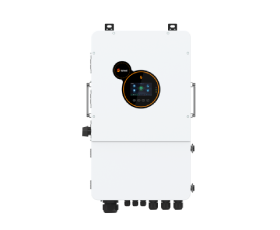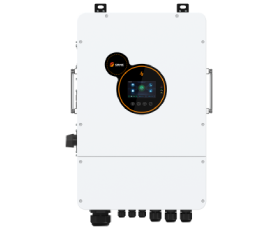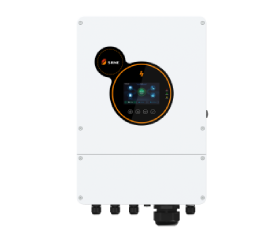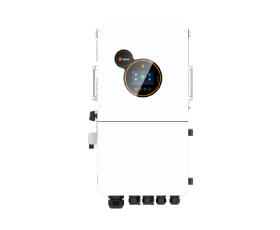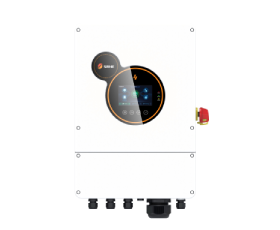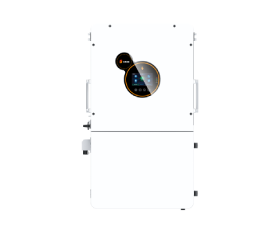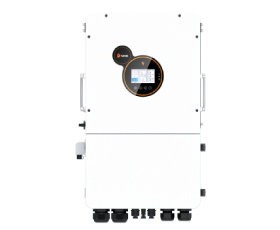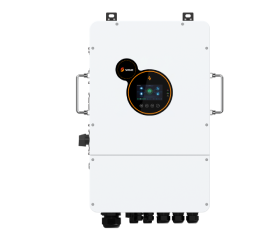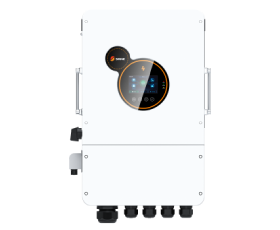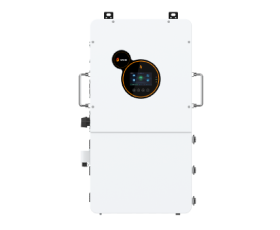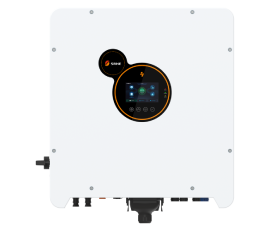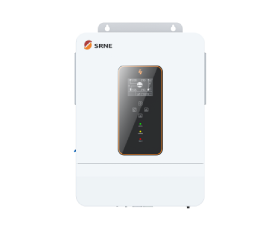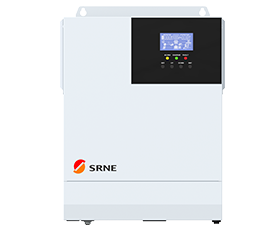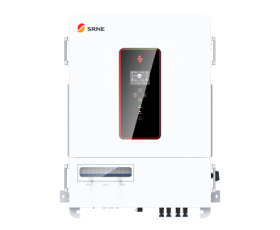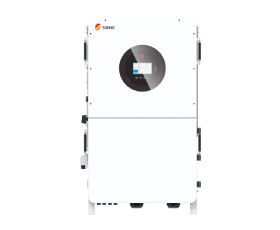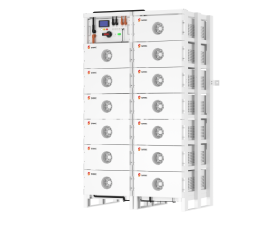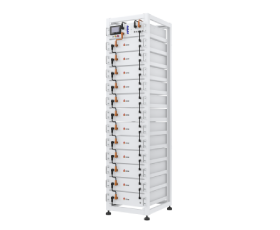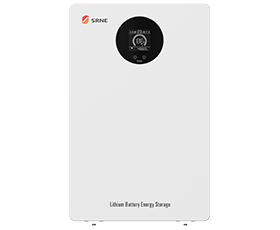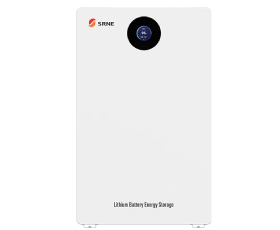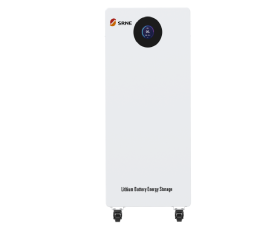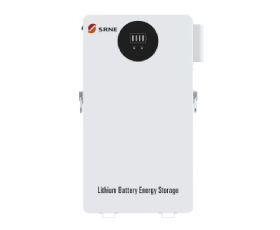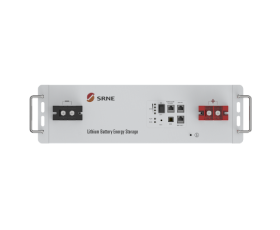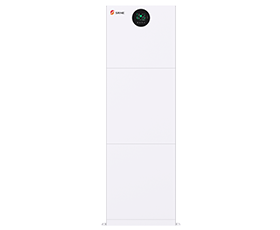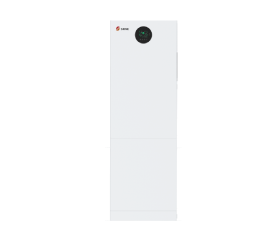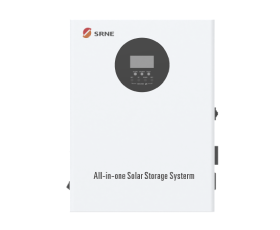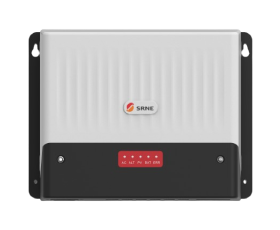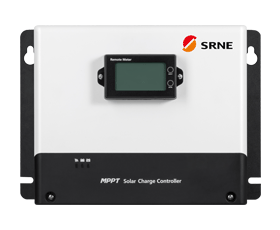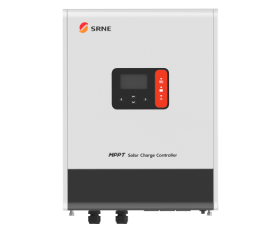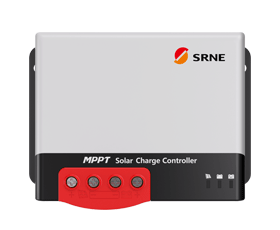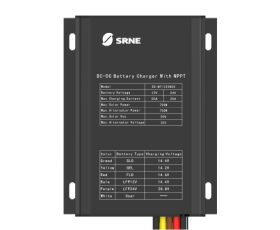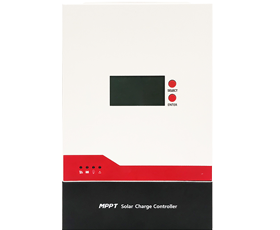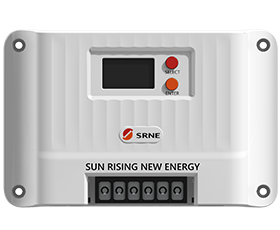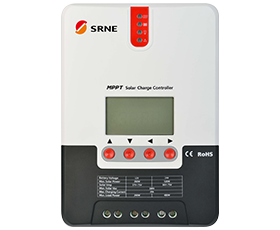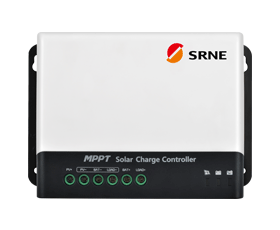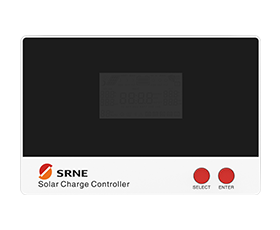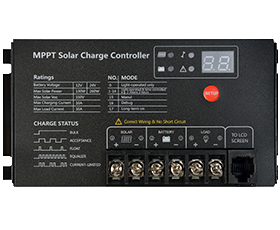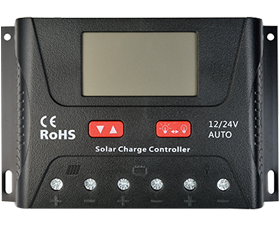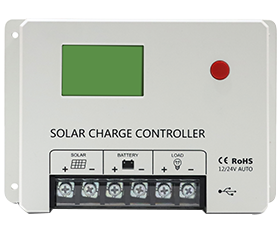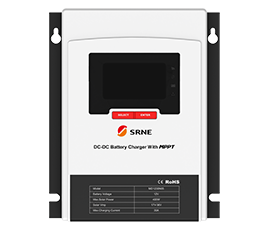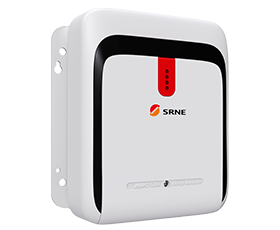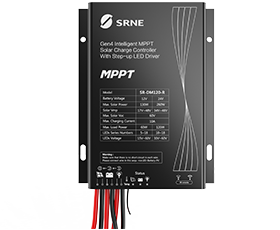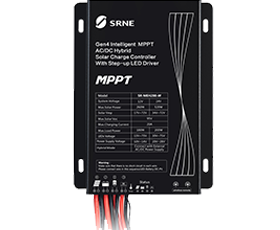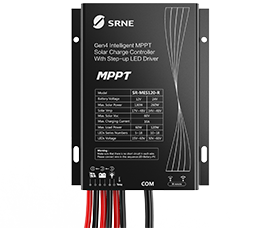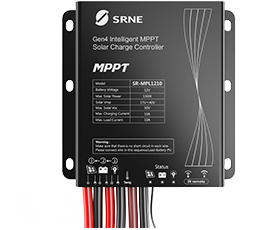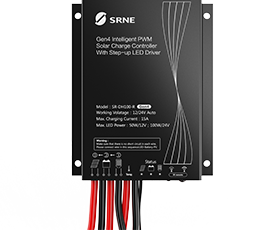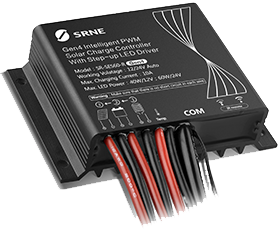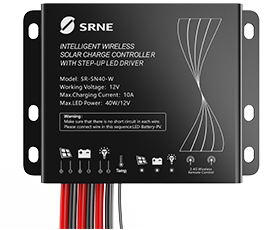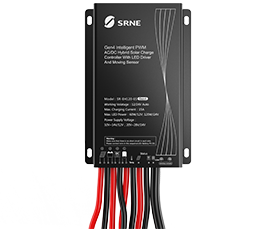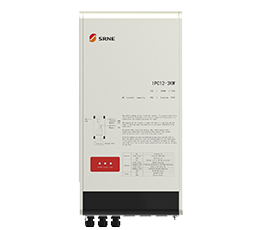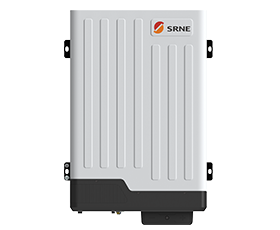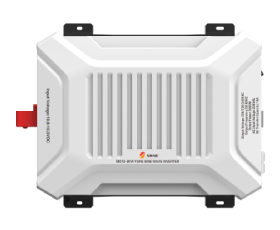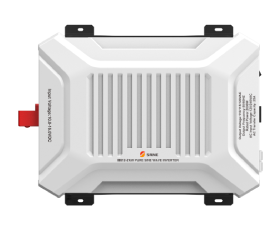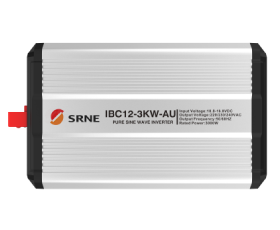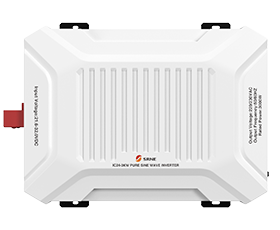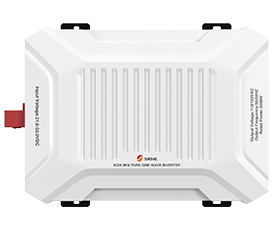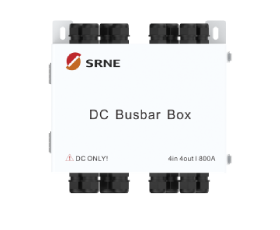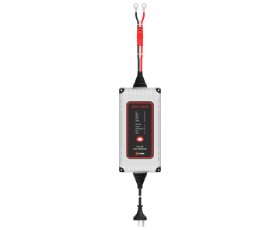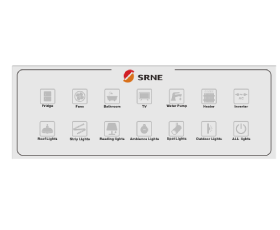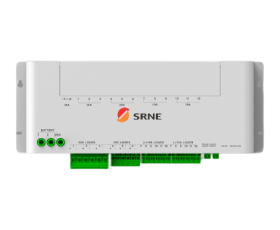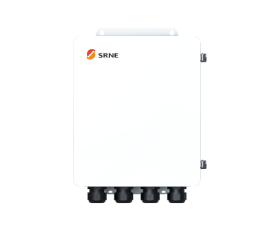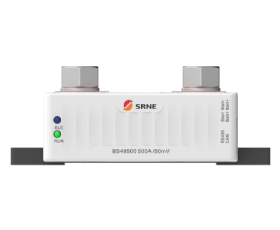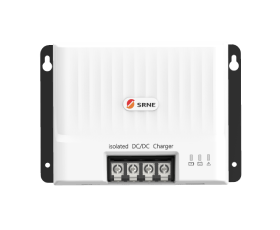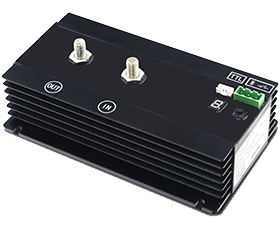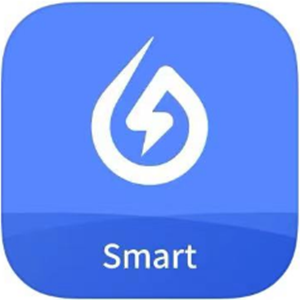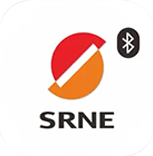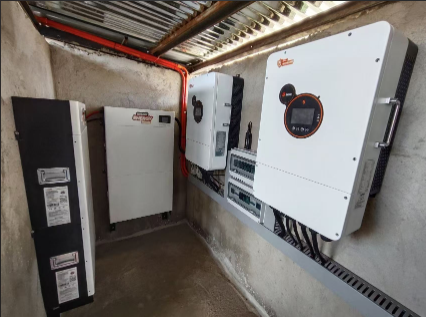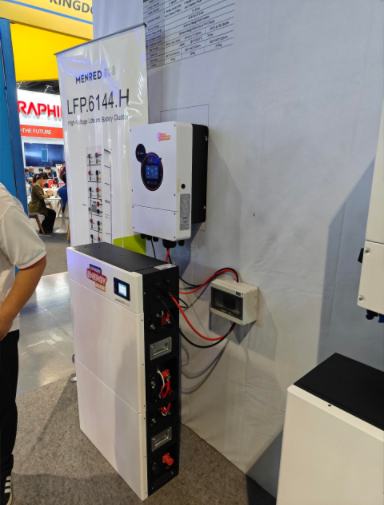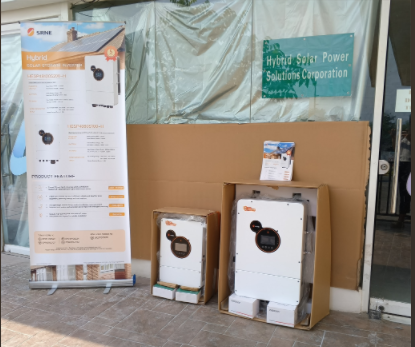What is the Difference Between a Hybrid Inverter and a PV Inverter?
This guide will walk you through the core functions, key features, advantages, and limitations of both PV inverters and hybrid inverters to help you make an informed decision for your solar energy system.
If you're looking for a reliable and efficient solution, discover how SRNE Solar's Hybrid Inverter can help you achieve smarter, more sustainable energy management.
1.Key Differences Between Hybrid Inverter and PV Inverter
Feature | PV Inverter | Hybrid Inverter |
Battery Integration | No | Yes |
Grid Independence | No | Partial / Yes |
Backup Power Capability | No | Yes |
System Complexity | Simple | More complex |
Application | Grid-tied only | Grid-tied / Off-grid / Hybrid |
2.What is a Hybrid Solar Inverter?
2.1 Definition and Basic Function
A hybrid solar inverter combines the core functionalities of both a PV inverter and a battery inverter within a single device. Beyond converting solar panel DC output to AC power for immediate use, a hybrid inverter also controls battery storage systems, allowing energy to be stored and used later when solar production is insufficient or during grid outages.
To learn more about how hybrid solar power inverters work and how they can benefit your energy system, check out our detailed guide: What is a Hybrid Solar Inverter?
https://www.srnesolar.com/articledetail/the-ultimate-guide-to-solar-hybrid-inverters.html
This dual functionality provides users with increased flexibility and control over how their energy is generated, stored, and consumed. Hybrid inverters are well-suited for both grid-connected systems with storage and fully off-grid setups.
2.2 Core Features of Hybrid Solar Inverters
Integrated Battery Management: Hybrid inverters actively manage battery charging and discharging, determining the most efficient times to store solar energy or supply it back to household loads.
Support for Self-Consumption and Backup Power: These systems enable homeowners and businesses to maximize their solar energy self-consumption while offering reliable backup power during grid outages.
Advanced Energy Management Capabilities: Most hybrid inverters come with built-in energy management systems (EMS) that provide users with real-time monitoring and control via apps or online dashboards. These tools help optimize the balance between solar, battery, and grid usage according to energy demands, time-of-use rates, or peak shaving strategies.
Scalable and Future-Proof: Hybrid systems are ideal for those planning future upgrades, such as adding more battery capacity or integrating smart home energy solutions.
2.3 Advantages and Limitations of Solar Hybrid Inverters
Advantages:
Greater Energy Autonomy: Offers the ability to store solar energy for later use, minimizing dependence on the utility grid.
Backup Power Functionality: Ensures continuous electricity supply during outages, enhancing energy resilience for households and businesses.
Optimized Energy Usage: Enables intelligent energy management, improving overall system efficiency and potentially lowering electricity costs.
Versatile Applications: Suitable for a variety of setups, including grid-tied systems with backup, hybrid configurations, or fully off-grid solutions.
Limitations:
Higher Initial Investment: The combination of batteries and advanced control systems leads to higher upfront costs compared to standard PV inverters.
Installation Complexity: Requires careful system design and professional installation to ensure safety, efficiency, and regulatory compliance.
More Ongoing Management: With more components involved, solar hybrid systems may demand more frequent monitoring and maintenance, particularly to ensure battery health and optimal performance over time.
3.What is a PV Inverter?
3.1 Definition and Basic Function
A PV inverter (Photovoltaic inverter), often simply referred to as a solar inverter, is a fundamental component in grid-connected solar power systems. Its main role is to convert the direct current (DC) electricity generated by solar panels into alternating current (AC), which is the standard type of electricity required for household appliances, commercial equipment, and integration with the utility grid.
Typically, PV inverters are installed in direct connection with the grid. This allows the solar-generated electricity to either be used immediately by connected appliances or, if there is surplus, to be fed back into the grid — often with financial incentives through policies such as net metering.
3.2 Key Characteristics of PV Inverters
No Energy Storage Capability: PV inverters are exclusively designed for grid-tied systems and cannot manage or integrate with battery storage.
Fully Grid-Dependent: These inverters supply energy to household or commercial loads first and send any excess power to the grid. For safety reasons, they automatically shut down during power outages (a function known as anti-islanding protection) and cannot operate independently from the grid.
Widely Adopted in Standard Applications: PV inverters are highly favored in areas with stable grid infrastructure due to their simplicity, reliability, and cost-effectiveness.
3.3 Advantages and Limitations of PV Inverters
Advantages:
Lower Cost: Generally more affordable than hybrid solutions as they don’t require batteries or complex energy management systems.
Proven and Mature Technology: PV inverters benefit from years of development and widespread adoption, making them a dependable and well-understood choice.
Ease of Installation: Installation is typically straightforward thanks to their simplified design with fewer components involved.
Limitations:
No Energy Storage: Unable to store excess solar energy for use at night or during cloudy periods; surplus energy must be exported to the grid.
Dependent on Grid Availability: Cannot provide power during outages, which makes them unsuitable where backup power is a priority.
Limited Flexibility: Retrofitting with batteries later often requires additional components or reconfiguration, adding complexity and cost.
4.Which Solar Power Inverter is Right for You?
Choosing between a PV inverter and a hybrid solar power inverter comes down to your unique energy needs, your budget, and your long-term expectations for energy usage. Each solution offers distinct advantages depending on how you plan to power your home or business. Below are several key considerations to help guide your decision.
4.1 Assessing Your Energy Needs
Your daily energy usage patterns and expectations for power security should serve as the foundation for selecting the right inverter. How you prioritize energy reliability, self-consumption, and independence from the grid will directly influence which system is more suitable.
If you live in a location where grid outages are frequent, or you rely on sensitive equipment that requires uninterrupted power (such as medical devices or security systems), a hybrid solar power inverter with battery storage will offer significant advantages. This setup ensures that you always have access to stored energy, allowing your essential appliances to function even during blackouts.
For those seeking to increase their self-sufficiency and reduce reliance on grid electricity, hybrid systems provide greater flexibility. By enabling you to store excess solar power generated during the day, these systems allow for usage at night or during periods of lower solar output. This approach not only helps to optimize self-consumption but also protects against fluctuations in energy prices.
Conversely, if your primary goal is to reduce energy bills through daytime solar consumption without the added complexity of storage or backup power, a grid-tied PV inverter is often the most practical and cost-efficient solution. This option works best for households or businesses with stable and reliable grid access and no immediate need for backup systems.
4.2 Budget Considerations
Cost is an important factor when weighing your inverter options, as the initial investment and potential long-term savings vary between PV and hybrid systems.
If minimizing upfront costs is your main priority, a PV inverter offers a straightforward and affordable entry into solar energy. These systems do not require the added expense of batteries or complex control systems, making them an attractive choice for budget-conscious users focused solely on reducing daytime electricity consumption.
On the other hand, hybrid solar power inverters for solar typically involve a higher initial investment due to the inclusion of battery storage and advanced energy management capabilities. However, this investment can pay off over time through increased self-consumption, reduced grid reliance, and greater protection against future electricity price hikes. For those planning for long-term energy savings and energy security, hybrid solutions often provide better value over the system’s lifespan.
4.3 Planning for the Future
When choosing an inverter, it’s also wise to consider how your energy needs may evolve. Planning ahead can help you avoid costly modifications or system upgrades later on.
If you’re not prepared to invest in batteries right now but are considering them as a future addition, a hybrid inverter for solar offers long-term flexibility. Many hybrid models can function without batteries initially and allow for easy battery integration later, helping you spread out investment costs over time.
Furthermore, hybrid systems offer greater scalability. If you anticipate expanding your solar setup or integrating additional technologies — such as electric vehicle chargers or smart energy management platforms — hybrid inverters provide the flexibility to accommodate these future upgrades. This adaptability helps ensure your system remains compatible with evolving energy technologies.
However, if your energy requirements are unlikely to change and you have reliable grid access, a PV inverter provides a simple and low-maintenance solution. It requires fewer components, involves less complexity, and offers proven reliability, making it ideal for homeowners or businesses looking for a hassle-free, grid-connected solar option.
Learn more:
https://www.srnesolar.com/articledetail/top-10-solar-hybrid-inverter-manufactures.html
https://www.srnesolar.com/articledetail/how-to-choose-a-hybrid-inverter.html
Conclusion
Both PV inverters and hybrid inverters play vital roles in solar energy systems, but the right choice ultimately depends on your specific situation.



















